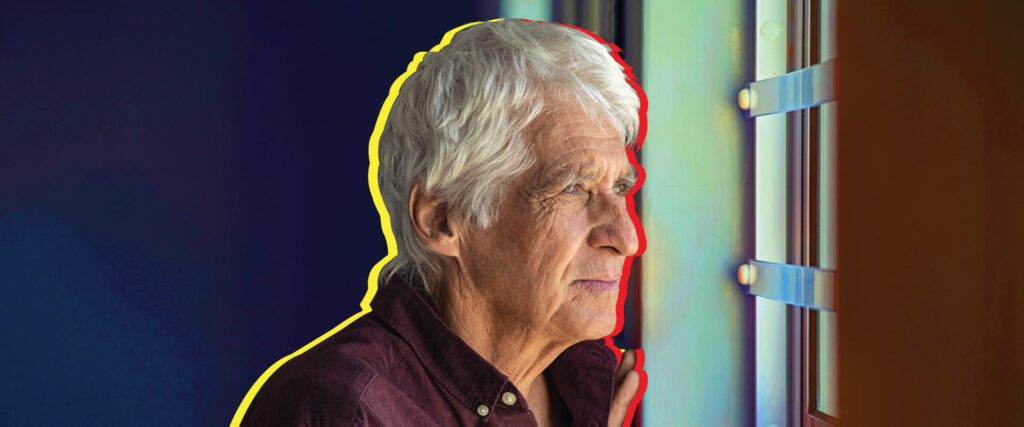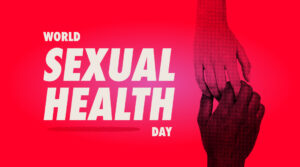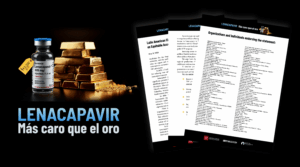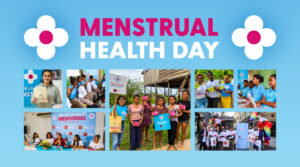As antiretroviral treatments have lengthened the lives of people with HIV, more research has been needed to better understand what it is like to grow old with this virus, even if it is kept under control with medication.
In this line of research, a study carried out in the United States, included in the medical journal Research, Nursing & Health, compared the situation of 105 people with HIV and 86 people without the virus, to find out if there were differences in the conditions as they were getting older. The participants were, on average, 54 years old.
Paradoxical results
Dr. Christine Horvat Davey, from the University of Ohio, and her team took into account the factors of diet, muscle strength and physical activity, and measured how these were related to some symptoms of aging, as explained on the Working Group on HIV Treatments (gTt-HIV) website.
The results showed that, among people with HIV, a poor diet (high in sugary drinks, alcohol and carbohydrates), lower fiber intake and lower muscle strength were significantly associated with poorer physical function. Physical function is understood as the person’s ability to perform tasks and interact with changing environments as the life cycle progresses.
Paradoxically, the fact that these people took more daily steps (which is considered healthy) was associated with more fatigue, while, among people without HIV, fewer steps were associated with worse physical function and more presence of pain.
One factor that also showed different results for each group was carbohydrate intake. For those living with HIV, consuming fewer carbohydrates was linked to more pain, and in those without the virus, consuming less carbohydrates was linked to more sleep problems.
A possible explanation
In short, people with HIV were more sedentary than their peers without infection, since the latter took, on average, 7,080 steps a day, and people with HIV only took 5,450.
However, it was paradoxical that people with HIV did not have greater benefits the more daily steps they took. This, the research team explained, may be due to poor pre-existing physical condition.
This study allowed us to observe that both diet and physical exercise have a different impact on people with and without HIV. Despite this, the authors continue to state that a good diet and exercise to maintain good muscle strength can improve a person’s functional capacity.
At AHF Latin America and the Caribbean we work for comprehensive and quality care for people with HIV. If you want to get a free screening test or want to know how to start or resume your treatment, come to our offices in your country or write to us on Whatsapp.







